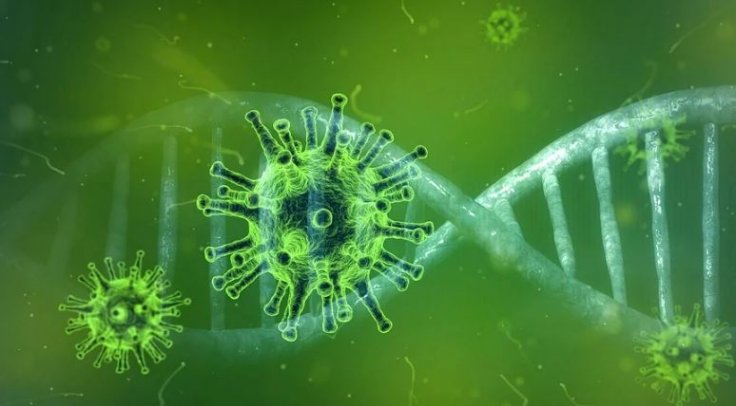After identifying the new and fast-spreading Coronavirus strain in the UK, the authorities have alerted the World Health Organization (WHO). As of now, scientists found that this new variant which is spreading across the UK, appears to be more infectious than the original strain of SARS-CoV-2. But now, the major concern is whether this variant is resistant to vaccine or not.
US scientists at the Walter Reed Army Institute of Research are trying to find out whether vaccines will work against this new strain of Coronavirus. Dr. Nelson Michael, director of the Center for Infectious Diseases Research at the Maryland based institution, said that since there is always a worry that the vaccine may not work against a mutated strain, the Walter Reed scientists expect that the vaccine will be effective against the new strain found in the UK. "It stands to reason that this mutation isn't a threat, but you never know. We still have to be diligent and continue to look," said the healthcare expert.

Meanwhile in the UK, alarmed by the new strain of the virus, Prime Minister Boris Johnson imposed a lockdown on London and most of England's southeast, banning Christmas-season gatherings beyond individual households. The WHO tweeted on Sunday, December 20 that the UN agency is in "close contact" with the UK health authorities and indicated that it will inform the member states and the public "as we learn more about the characteristics of this variant of the virus and any implications."
Vaccine Effect on New Strain
The scientists at the Walter Reed in the US started examining genetic sequences of the new variant and started doing a computer analysis. According to Michael, this analysis will allow the researchers to gauge how much concern they should have. "Other teams around the world are doing this analysis, too", he added.
If the analysis shows that there is something to be extremely worried about, then studies would need to be done in the laboratory, as well as in animals to determine if the COVID-19 vaccine will work on this variant.
However, PM Johnson said that there is no evidence to suggest the vaccine will be less effective against the new variant and added that "our experts will continue their work to improve our understanding as fast as we can".

Melissa Nolan, an infectious disease expert, and professor at the University of South Carolina said that the vaccine developers expected that the virus will mutate. "At the moment we have not seen any dramatic genetic shifts of concern", Nolan added. Regarding the virus strain, Ogbonnaya Omenka, an associate professor and public health specialist at Butler University in Indianapolis said that "I think we should be vigilant, not worried".
The scientists at the Walter Reed published a study in August in which the team said that the vaccines will still work against several other mutations of the SARS-CoV-2. Dr. William Schaffner, an advisor to the US Centers for Disease Control and Prevention on vaccines, explained that even with mutations, the virus essentially remains the same. "It's like with a person. I can switch out my brown coat for a gray coat, but I'm still Bill Schaffner. I've changed something, but I'm still the same person" added the expert.
However, as of Monday, December 21 UK has reported over 2,046,000 Coronavirus cases and over 67,500 deaths related to COVID-19. Many countries, including the Netherlands, Austria, Italy, and Switzerland, as well as some non-European nations, are imposing or considering short-term bans on travel links with the UK after the finding of the new virus strain was released.









